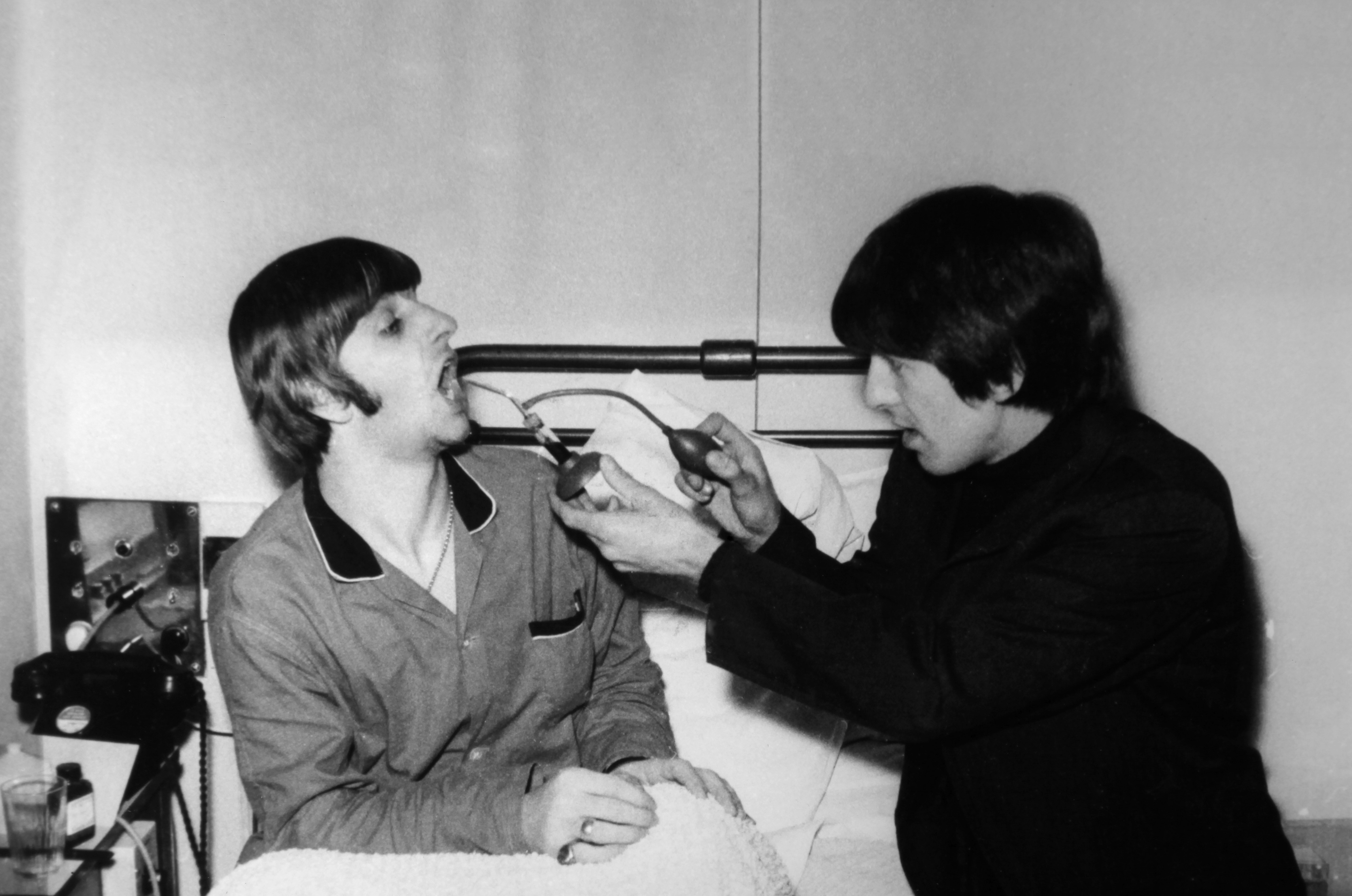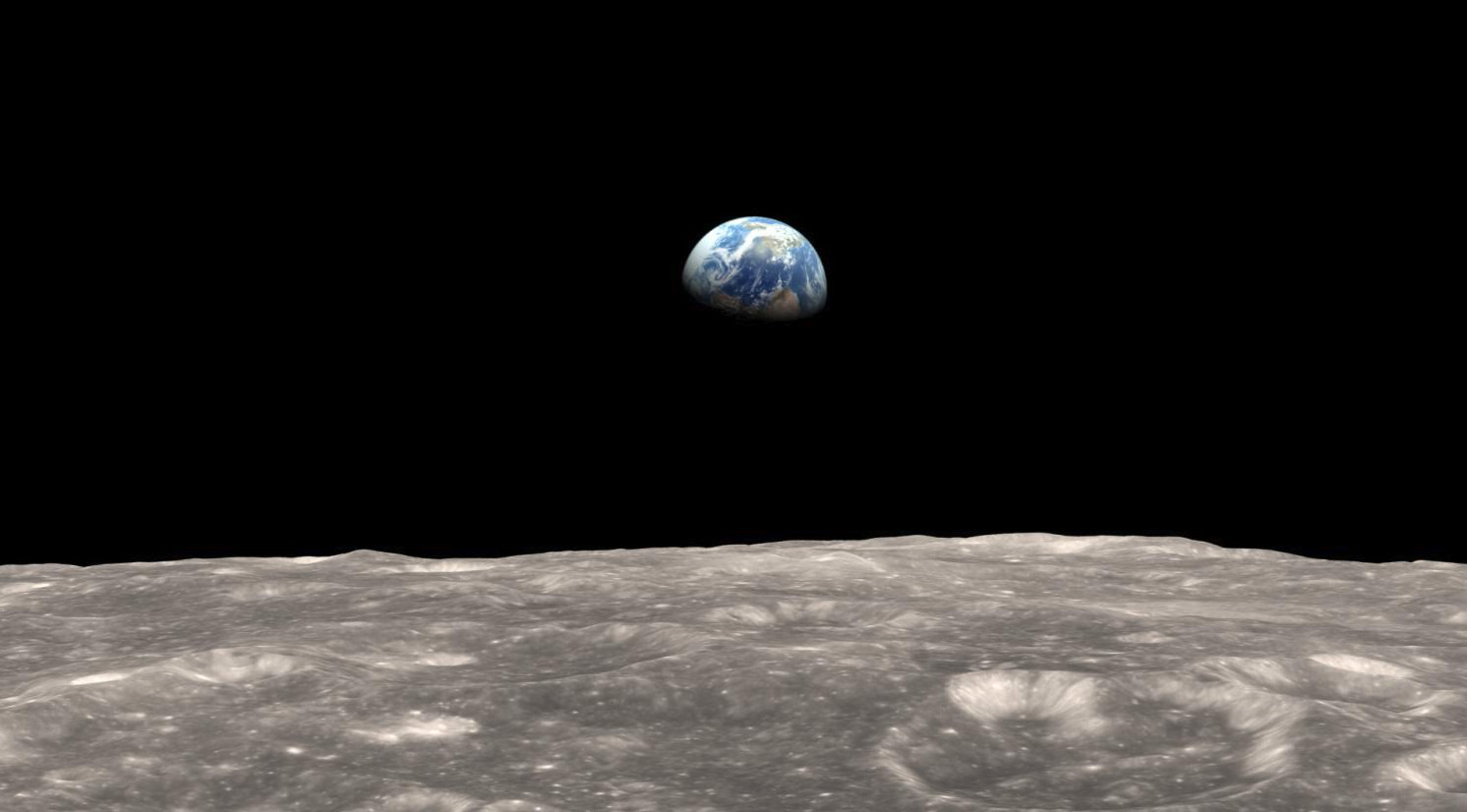
Health & Medicine
What are the long-term health risks of having your tonsils out?
For the first time, researchers have examined the long-term effects of removing tonsils and adenoids in childhood, finding the operations are associated with increased respiratory, infectious and allergic diseases






